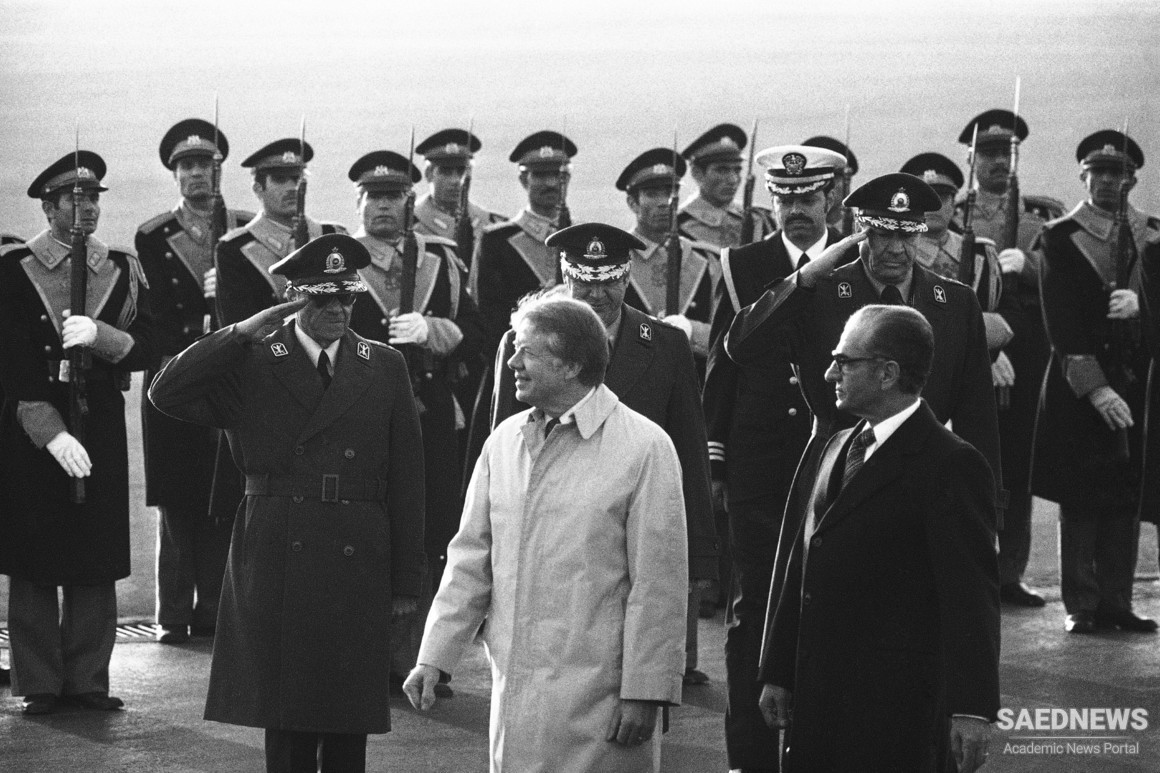The grievances began to be aired in 1977 – as soon as the shah relaxed his more stringent police controls. He did so in part because Jimmy Carter in his presidential campaign had raised the issue of human rights across the world, in Iran as well as in the Soviet Union; in part because mainstream newspapers such as the London Sunday Times had run exposés on torture, arbitrary arrests, and mass imprisonments in Iran; but in most part because of pressure from human rights organizations, especially the highly reputable International Commission of Jurists. Anxious to cast off the label of “one of the worst violators of human rights in the world” – as Amnesty International had described him – the shah promised the International Commission of Jurists that the Red Cross would have access to prisons; that foreign lawyers would be able to monitor trials; that less dangerous political prisoners would be amnestied; and, most important of all, that civilians would be tried in open civilian courts with attorneys of their own choosing. These concessions – however modest – chiseled cracks in the façade of this formidable-looking regime. The shah granted these concessions probably because he was confident he could weather the storm. In any case, he had deluded himself into thinking that he enjoyed overwhelming public support. He boasted privately to the representative of the International Commission of Jurists that the only people who opposed him were the “nihilists.”


 Growing Economic Dependency of Iran under Qajar and Beginning of Westoxification
Growing Economic Dependency of Iran under Qajar and Beginning of Westoxification














































